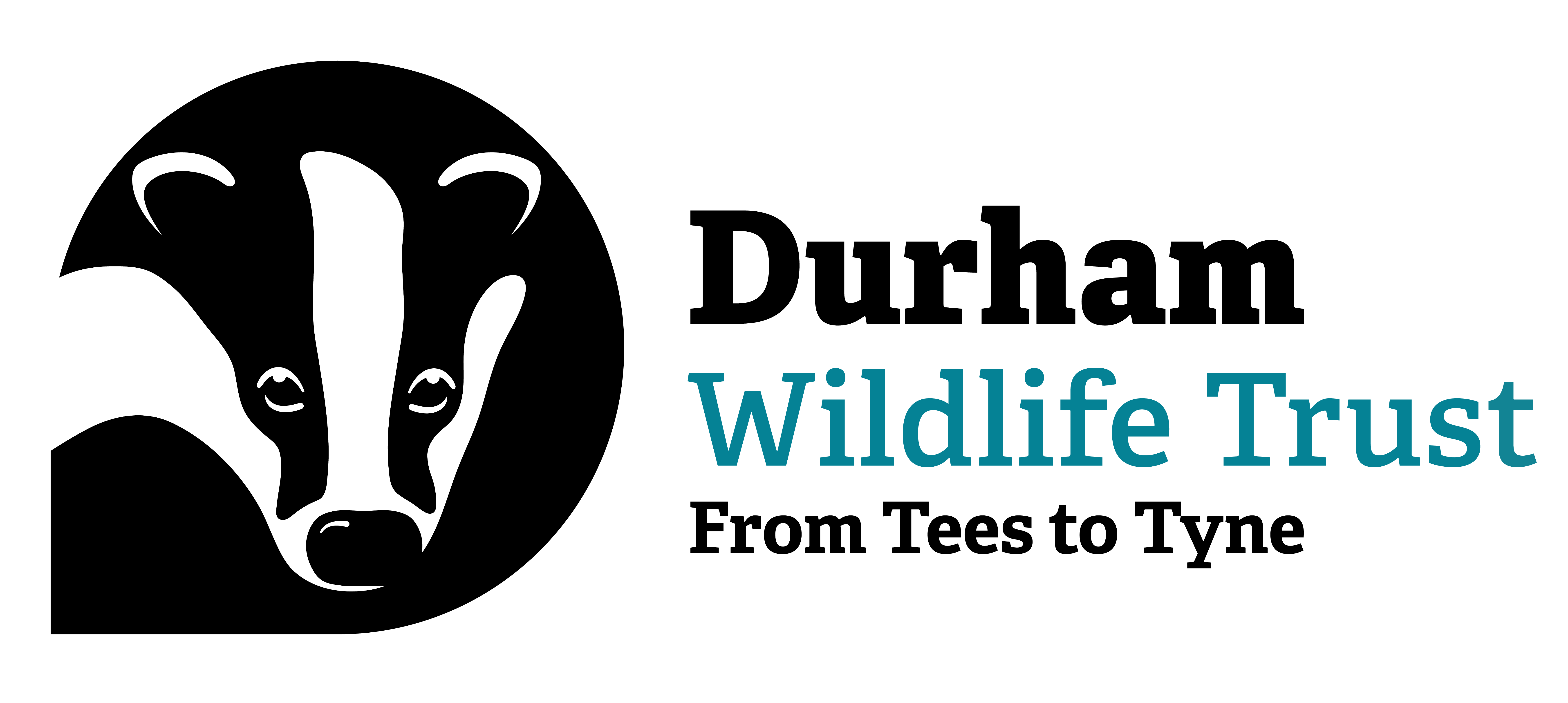Research has shown that a sense of connectedness to nature is linked to higher levels of mental wellbeing (Pritchard et al., 2019; Capaldi et al, 2014). Further studies also suggest that nature connectedness can alleviate feelings of loneliness (Cartwright et al, 2018) and that spending time in nature can provide those who are socially isolated with another way to feel connected to the wider world.
Mental Health Awareness
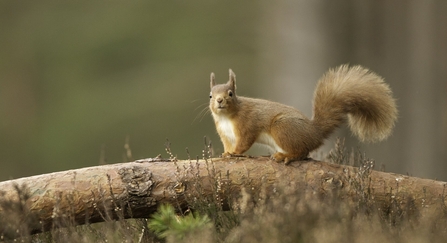
Red squirrel (Sciurus vulgaris) on scots pine bough, Cairngorms National Park, Scotland. - Peter Cairns/2020VISION
However, nature connectedness isn’t necessarily linked to time spent in nature. It is possible to go for a walk in the countryside, for example, and feel distracted or disconnected from the world around us. So how can we feel more connected?
Finding Mindful Moments
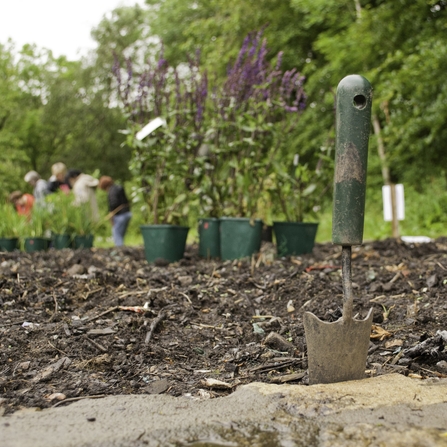
Katrina Martin / 2020VISION
Grow a plant
Growing plants and tending to a garden can be a relaxing pastime - and rewarding hobby.
Cultivating plants which are rich in nectar is beneficial for pollinators such as butterflies, moths, bees and hoverflies. Click here to discover the best plants to grow to attract pollinators to your garden.
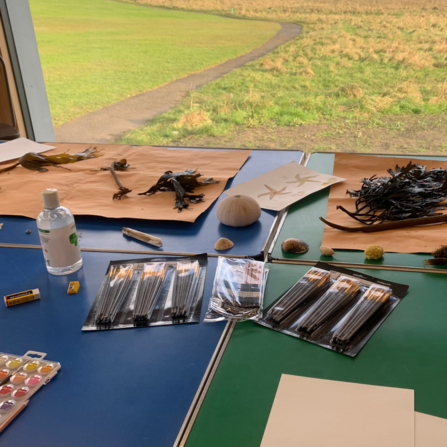
Illustration session - Seascapes project
Draw nature
Taking time to draw or paint plants or wildlife can encourage us to notice small details which appear in nature.
Durham Wildlife Trust recently ran a handful of illustration sessions as part of the Trust's Seascapes project. Keep your eyes peeled for upcoming illustration events on our events page. Alternatively, why not visit one of our nature reserves, equipped with a sketchbook and set of pencils, to illustrate 'en plein air'.
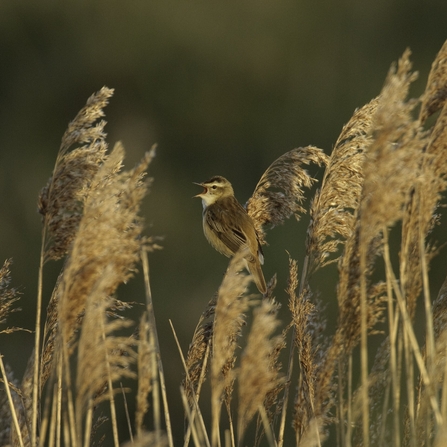
Chris Gomersall/2020VISION
Listen to birdsong
Often, and especially during summer when the trees are laden with leaves, bird song is be the first indication that a certain species is near. Bird song becomes most apparent in springtime.
If you are new to identifying birdsong, one of the best places to start is by joining a guided bird walk. Durham Wildlife Trust organises bird walks throughout spring and summer at various locations across the North East.
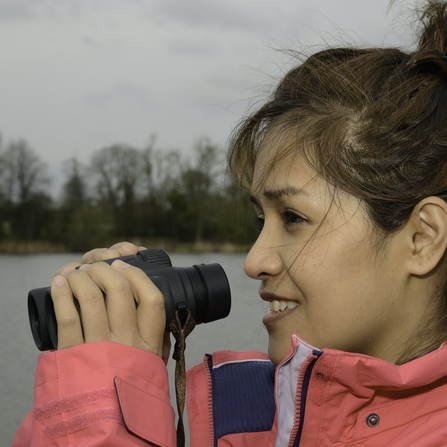
Nick Upton/2020VISION
Bird watch
Birdwatching is a simple, yet really rewarding, way to connect with nature. Why not keep a journal of the species you have seen in your garden or on recent walks?
For guidance on how to identify common garden birds, click here. Or, for a more comprehensive guide on bird species depending on their habitat, see information on all UK birds.
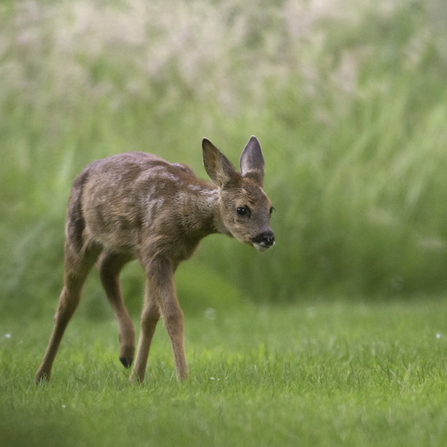
false - Jon Hawkins – Surrey Hills Photography
Photograph wildlife
This is a pastime which requires a little patience - and one which encourages us to take a break from the hustle and bustle of everyday life.
Wildlife photography also gives the opportunity to appreciate the beauty of the natural world, and to capture really special moments. Photography groups meet at both Rainton Meadows and Low Barns - click here to view a complete list of local wildlife groups.
“Contact with nature has been shown to enhance a variety of aspects of well-being, including life satisfaction, positive affect, meaning in life, feelings of elevation, vitality, and both psychological and social well-being.”Noticing nature: Individual and social benefits of a two-week intervention
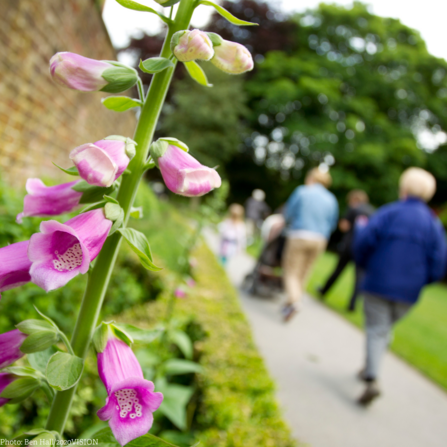
Ben Hall/2020VISION
For ideas of natural spaces to visit in the North East, see our top five wild walks.
These nature reserves offer walking routes through a selection of wetland, woodland, river-side and coastal habitats. Read more to discover walking routes (in red) and learn about the wildlife you may encounter on your hike.
Durham Wildlife Trust members are also eligible to join exclusive tours of reserves and learn about the wildlife here.
References
Capaldi CA, Dopko RL, Zelenski JM. (2014) The relationship between nature connectedness and happiness: a meta-analysis. Front Psychol, 2014 September, 8;5:976.
Cartwright BDS, White MP, Clitherow TJ. (2018) Nearby Nature 'Buffers' the Effect of Low Social Connectedness on Adult Subjective Wellbeing over the Last 7 Days. Int J Environ Res Public Health, 2018 June, 12;15(6):1238.
Passmore, H.-A., & Holder, M. D. (2017) Noticing nature: Individual and social benefits of a two-week intervention, The Journal of Positive Psychology, 12(6), 537–546.
Pritchard, A., Richardson, M., Sheffield, D. et al. The Relationship Between Nature Connectedness and Eudaimonic Well-Being: A Meta-analysis. J Happiness Stud 21, 1145–1167 (2020).
